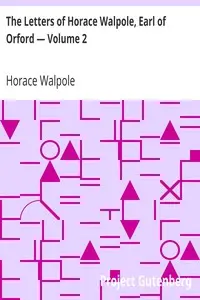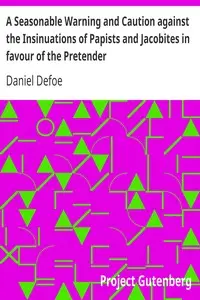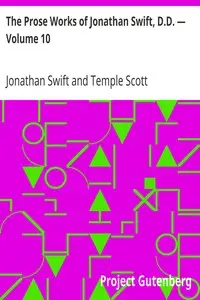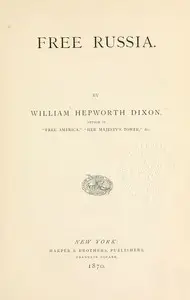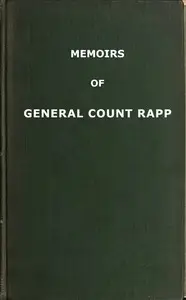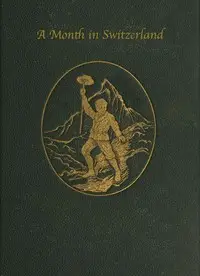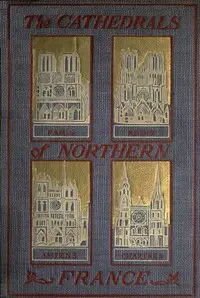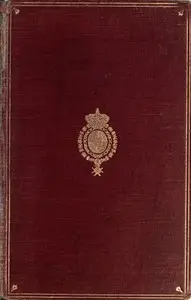"Letters to Sir William Windham and Mr. Pope" by Viscount Henry St. John Bolingbroke is a political letter from the early 1700s that examines the dramatic political world of the time. Acting as both a personal story and a political statement, the letter shows Bolingbroke's views on the Tory party, his government work, and the issues related to the Jacobite movement. The letter begins with Bolingbroke's life in exile after political fights and feeling betrayed by friends. He struggles with accusations that have hurt his reputation among the Tories, and he wants to clear up his name and explain his actions. The writing looks closely at Britain's political situation during Queen Anne's time, setting the scene to examine his difficult relationships with important people and groups, as well as his thoughts on loyalty, betrayal, and the tough game of political power back then.
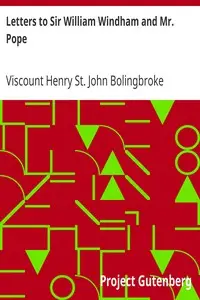
Letters to Sir William Windham and Mr. Pope
By Henry St. John Bolingbroke
Exiled and under attack, a politician fights to reclaim his honor and set the record straight amidst the dangerous games of power.
Summary
About the AuthorHenry St John, 1st Viscount Bolingbroke was an English politician, government official and political philosopher. He was a leader of the Tories, and supported the Church of England politically despite his antireligious views and opposition to theology. He supported the Jacobite rebellion of 1715 which sought to overthrow the new king George I. Escaping to France he became foreign minister for James Francis Edward Stuart. He was attainted for treason, but reversed course and was allowed to return to England in 1723. According to Ruth Mack, "Bolingbroke is best known for his party politics, including the ideological history he disseminated in The Craftsman (1726–1735) by adopting the formerly Whig theory of the Ancient Constitution and giving it new life as an anti-Walpole Tory principle."
Henry St John, 1st Viscount Bolingbroke was an English politician, government official and political philosopher. He was a leader of the Tories, and supported the Church of England politically despite his antireligious views and opposition to theology. He supported the Jacobite rebellion of 1715 which sought to overthrow the new king George I. Escaping to France he became foreign minister for James Francis Edward Stuart. He was attainted for treason, but reversed course and was allowed to return to England in 1723. According to Ruth Mack, "Bolingbroke is best known for his party politics, including the ideological history he disseminated in The Craftsman (1726–1735) by adopting the formerly Whig theory of the Ancient Constitution and giving it new life as an anti-Walpole Tory principle."

